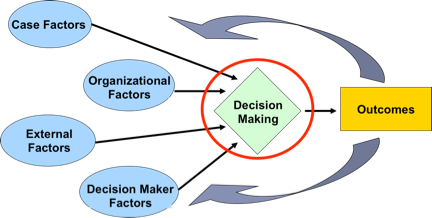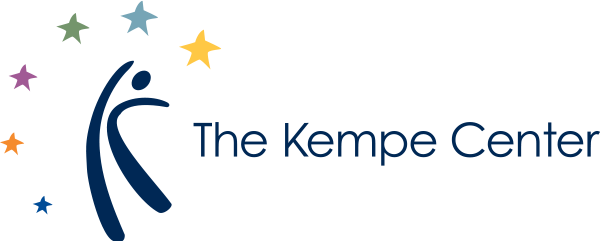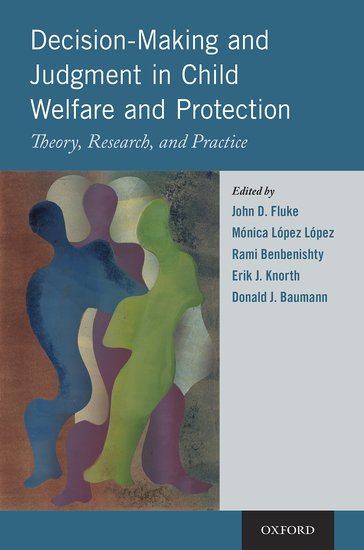Child Welfare Decision Making
RelatedPages
RelatedPrograms
RelatedLinks
Child Welfare Decision Making and the Decision Making Ecology
Since the 1980s, faculty at the Kempe center have been studying decision making in the domain of social welfare and health care services delivery systems, particularly child welfare. The approach to decision making research can be found in the monograph.
The development and application of decision-making theory in Child Welfare has focused primarily on the improvement of information development regarding children and families and most often approaches to formal assessment. Decision making under uncertainty, which is characteristic of most CPS decisions such as the decision to place children out of their homes, means that system generated errors will always occur. Such decisions, while heavily influenced by case characteristics, are also a function of decision-maker thresholds for action which in and of themselves may be set independently of knowledge about the case. The approach we developed is a theoretical framework referred to as the Decision-Making Ecology originally formulated in 1997 and revisited in the more recent monograph referenced above. The monograph formally introduces a psychological mechanism for decision making behavior and the overall approach is a framework that I and others are increasingly applying as a basis for developing and testing hypotheses in non-rational decision making. A schematic to the Decision Making Ecology is depicted below:

A major goal of our research has been to apply the DME principles to an ever-widening set of research efforts, including international collaborations, aimed at the overall goal of improving decision making in child welfare and other systems. This research agenda continues to present opportunities to generate new hypotheses, develop data collection instrumentation, and implement advanced new methods to conduct research such as multi-level modeling and simulation. The model has been applied to problems in decisional disparities, workforce development, agency policy change, screening threshold analysis and has led more generally to an improved understanding of the influences on decision making.
Decision-Making and Judgment in Child Welfare and Protection
Theory, Research, and Practice
Edited by John D. Fluke, Mónica López López, Rami Benbenishty, Erik J. Knorth, and Donald J. Baumann
- Develops best practices using cutting-edge research on child welfare from social work, psychology, business, and economics
- Provides context and insight on a range of child welfare systems, including how the behaviors of decision-makers impacts child welfare and protection
- Presents current research studies and methodological frameworks in child welfare decision making




